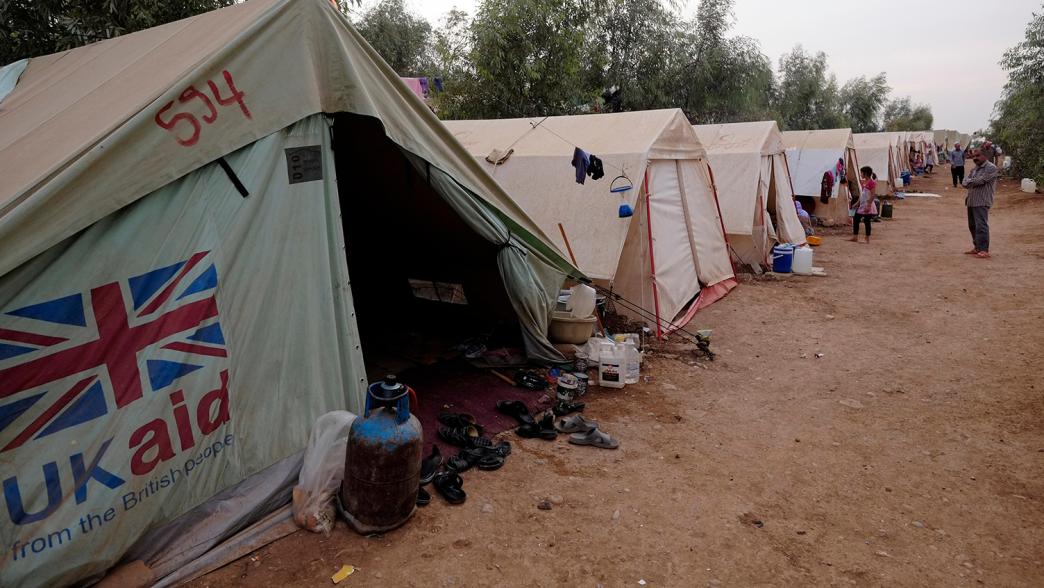Report
Making policy stick: Tackling long-term challenges in government
Getting government focused on delivering long-term change.

Getting government focused on delivering long-term change.

Why the centre of government has failed successive prime ministers – and seven recommendations for radical reform.
How would a Labour government approach international diplomacy and foreign policy?
No.10 Downing Street, the Cabinet Office and the Treasury are not institutions capable of meeting the challenges facing the UK in the 2020s and beyond
Whoever wins the election will face seven key Brexit questions.